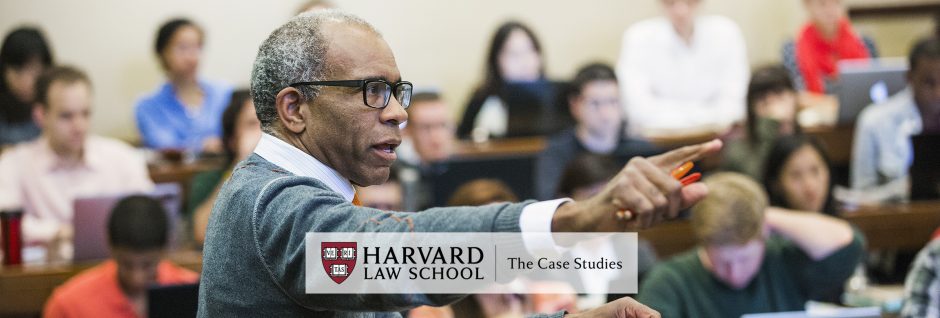New Product: Hewlett Packard and Mark Hurd
by Rachel Gibson
On June 29, 2010, Hewlett Packard’s (HP’s) celebrated CEO Mark Hurd handed over to HP’s general counsel Michael Holston a troubling letter he had received barely half an hour ago. The letter, from celebrity lawyer Gloria Allred, alleged that he had sexually harassed an HP consultant.
The (A) case in the series Hewlett Packard and Mark Hurd details the rise of Mark Hurd to his successful tenure as CEO of Hewlett Packard leading up to Hurd’s receipt of the letter. Updates in subsequent cases (B), (C), & (D) highlight the interactions between the general counsel (GC), the board, and the CEO and illustrate the business and ethical judgments that GCs encounter and must manage.
Harvard Law School Professor Ashish Nanda, PLP Distinguished Senior Fellow Benjamin Heineman, and Dechert Fellow Nicholas Haas felt that a case outlining how this crisis was handled would provide an effective teaching tool for general counsels, particularly in the area of interactions with the board and the CEO. Nanda and Heineman have used the case series in a Leadership in Law Firms Colloquium in New York City and London, organized by Harvard Law School Executive Education. Nanda has taught the case series in several in-company programs for GCs. Heineman has also taught about the incident in his HLS course Challenges of a General Counsel Seminar.
The case series portrays the dual responsibilities of the general counsel. According to Professor Nanda, “on one hand, general counsels must be seen as trusted advisors by their CEOs; on the other hand, they are often responsible to the board as well. In executing their responsibilities, the GCs have to exercise judgment to ensure they are acting in the best interest of the firm.”
“General counsels often have to handle sensitive issues where the tradeoffs are extreme,” says Professor Nanda. “Often, the challenge is made even more difficult, because the information the GC has is incomplete.” Participants are able to step into Holston’s shoes as they go through the case series. Should Holston advise Hurd, and if so, what advice should he offer? How much should he share with the board? Can he do this without losing Hurd’s trust? What action should he advise the board to take?
Participants have been very positive about the case. As Professor Nanda explains: “It gives participants a chance to discuss a critical aspect of general counsel life that practitioners often confront: how do I balance what is right for the organization, what is fair for the individual involved, and what is morally the right thing to do?”
For more information, or to discuss how to adapt the case study and problem solving pedagogy for your academic or professional education needs, contact Lisa Brem, Case Studies Program Manager, at lbrem@law.harvard.edu.



